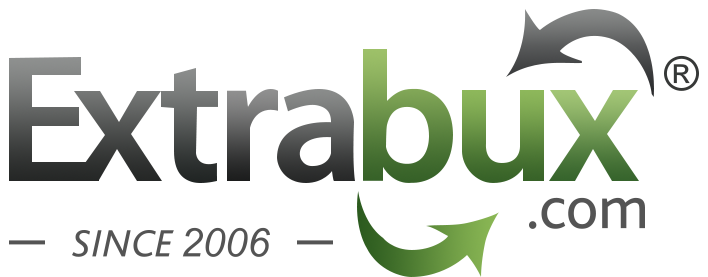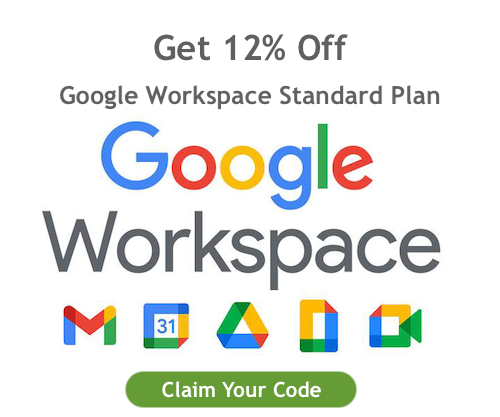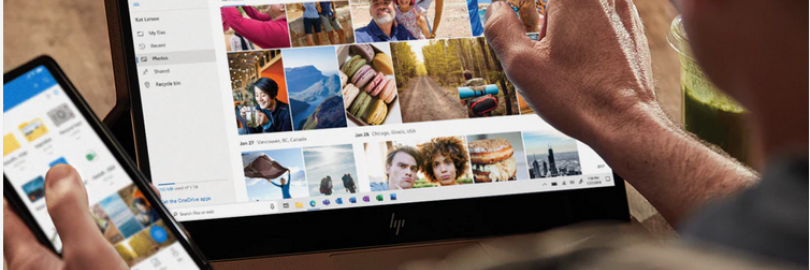
iCloud vs. Google Drive vs. OneDrive vs. Dropbox: Ultimate Comparison & Verdict 2025
The way we store our data has been changed drastically in the last few years. More and more people tend to store files in the cloud. There’s nothing quite like being able to instantly access your data on the fly from multiple devices without having to worry about carrying USB drives and external HDDs around. What's more, even if you lose your phone or your computer crashes, cloud storage gives you a backup for files so they'll never get lost. There are an infinite number of cloud storage providers on the market, but the most common ones for consumers are Apple iCloud, Google Drive, Microsoft OneDrive, and Dropbox. So what's the difference between them? which cloud storage provider is the best for you? In this guide, I will make a detailed comparison between Dropbox, Google Drive, OneDrive and iCloud to help you pick the most preferred option. Without further ado, let us begin.
Overview of iCloud, Google Drive, OneDrive and Dropbox
Platform availability: Web, Mac, iOS, and Windows
Free storage: 5GB to start, for all users
Paid storage plans:
50GB for $0.99 a month
200GB for $2.99 a month
2TB for $9.99 a month
If you are an Apple user, then you must already be familiar with iCloud. It was released by Apple Inc. in 2011 and presently has more than 700 million users. It is a freeware that provides a 5 GB of free storage for its new users. Later, one can upgrade the plan and go for storage of 50 GB, 200 GB or 2TB respectively. Setting up iCloud Drive is simply a matter of enabling iCloud on your Apple device of choice and activating the feature. Once done, your files can then be automatically synced to the cloud service. As well as files, photos and videos from your iPhone or iPad, your messages, calendars, contacts, and various other data are also stored in iCloud.

You can easily activate it on all your devices and instantly access all your data, including calendar, notes, photos, and iWorks documents. Your iOS devices auto-back up to iCloud, too, and from your Mac desktop, you can move files to your iCloud Drive for seamless access on iOS devices. Apple’s iCloud works a little differently to other cloud storage services in that it is effectively part of both macOS and iOS. Its lack of compatibility with other operating systems (like Android), makes it quite tough for users to use it extensively on other devices. You can access it via Windows computers, but really it only makes sense if you're using it primarily with Apple hardware. The data is encrypted but not end-to-end, so Apple can help you recover your files if you run into issues. You also have protection with two-factor authentication.
| PROS | CONS |
| Well-designed app and web interfaces | Lack of compatibility with Android |
| Compatible with Windows as well as macOS and iOS devices | No search function for photos on iCloud web |
Seamless integration with the Apple ecosystem | No end-to-end encryption |
Automatic backups from apps | |
| Provides 5 GB of free storage |
Save Tips:
If you like online shopping, Sign up at Extrabux first,then you can earn up to 30% cash back on every purchase at more than 10000+ stores! (What is Extrabux), Sign-Up Bonus: Free to join it & get a $20 welcome bonus!
Platform availability: Web, built-in Chrome OS integration, Android, Mac, iOS, and Windows
Free storage: 15GB to start, for all users
Paid storage plans:
100GB for $1.99 per month
200GB for $2.99 per month
2TB for $9.99 per month
10TB for $99.99 per month
Google Drive was officially released in 2012 and in a matter of a few
years, it has acquired more than 800 million users. What iCloud is to
Apple users, Google Drive is to Android and Chromebook users. As one can
expect from Google Drive, this particular cloud storage service is
heavily integrated into Google’s ecosystem. Because of that, if you’re
an Android user and/or a Chrome OS user, this cloud storage service will
be your main choice. It is able to tap into Google’s other services
such as Google Photos, Docs, Sheets, Slides and even Play Music with
little to no issues. Also, Google Drive provides a seamless support for
Google docs, sheets, photos, and other Google products.

If you already have a Google account, you can already access Google Drive. You just have to head to drive.google.com and enable the service. You get 15GB of storage for anything you upload to Drive -- including photos, videos, documents, Photoshop files and more. If you need additional space, you can always subscribe to a premium plan. The cheapest premium plan gets you 100GB of storage space, while the most expensive plan will grant you 30 TB of space for a monthly fee. Plus, the new Google Drive "Google One" consumer storage plans can be shared between a maximum of five family members, too. Currently, Google Drive is available in around 60 different languages and can be accessed from a dedicated website or app. Its Security is also good, offering data encryption in line with GDPR, though it could be better since it is encrypted only at AES128-bit.
| PROS | CONS |
| Easy to use interface | Not end-to-end encrypted |
Has a dedicated website and app, which is compatible with almost every platform | Privacy concerns |
| Integration with Google account | |
15GB free storage as standard | |
| Excellent productivity-suite collaboration |
Platform availability: Web, Windows, Windows Phone, Mac, iOS, and Android
Free storage: 5GB to start, for all users
Paid storage plans:
100GB for $1.99 per month
For more storage, you must enter an Office 365 plan:
1TB for $6.99 per month (plus Office suite for 1 PC, 1 mobile)
1TB for $9.99 per month (same as above, but for five users)
OneDrive by Microsoft is probably one of the most extensive and secure
cloud storage platforms out there. Previously known as Sky Drive, it
supports more than 100 languages. OneDrive is a great cloud storage
option if you are a Windows 10 user since it integrates seamlessly. You
also have access to Microsoft 365, and OneDrive syncs all of your files
across all devices. You can view your documents (Word, Excel, PDF, etc.)
online without downloading them to your PC. In addition, by adding on
Microsoft Office apps, you can streamline group work by sharing
documents or photos with others to collaborate. Waht's more, OneDrive
backs up your content so even if your device is lost or damaged, your
files are protected. There's also a feature called Personal Vault that
adds an additional layer of security for your files with identity
verification.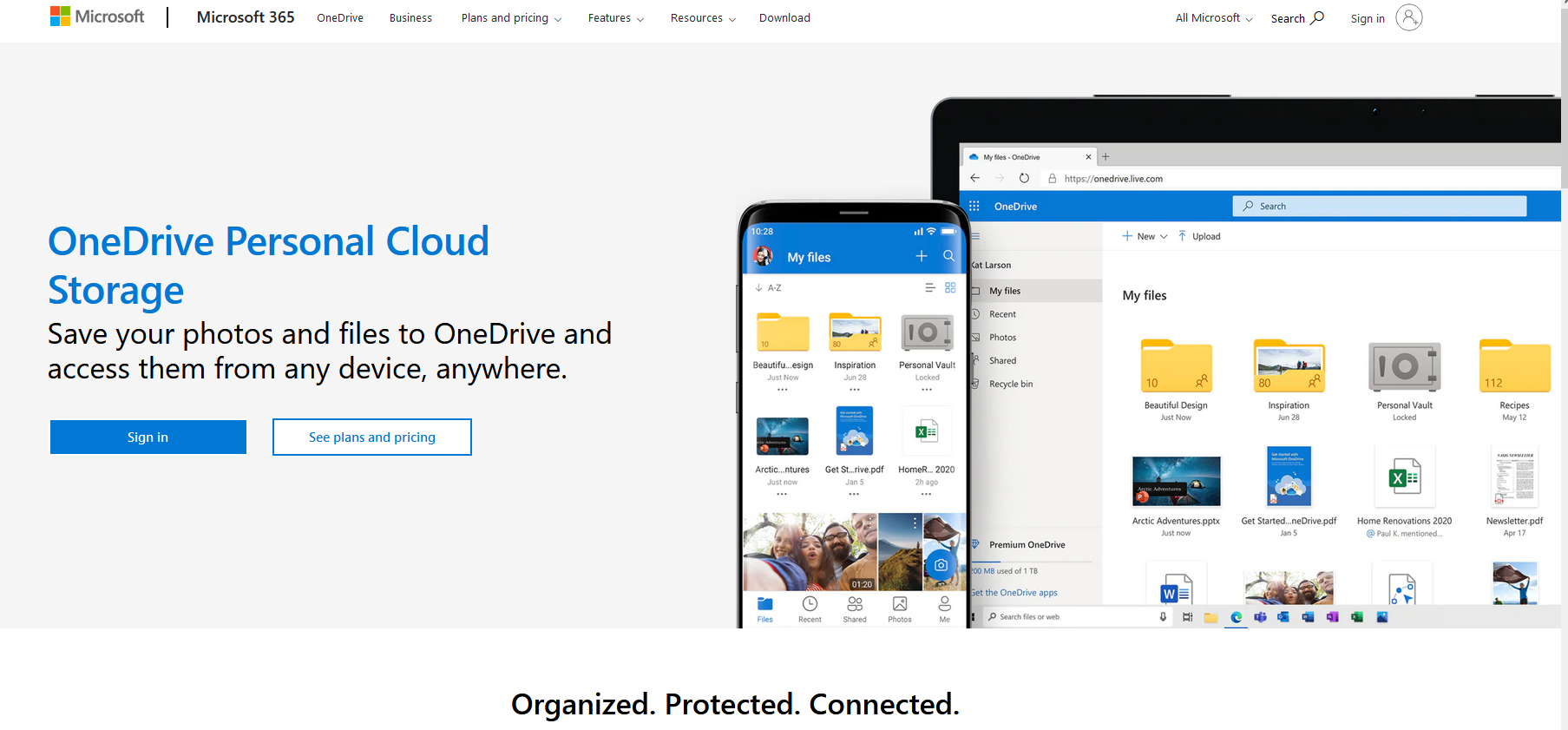
New OneDrive users will receive 5GB of free storage space on sign up, which can be increased by upgrading to its premium account to a max of 6 TB. Pricing offers many options, including some that are just storage and others that come with Office 365. If you want to have more than 100 GB of storage, you will have to choose an option that includes Office 365. Additionally, OneDrive is compatible with almost every major OS out there. It has a dedicated app for Android, iOS, and Windows devices. You can easily create a dedicated OneDrive directory on your system or use its native website to manage your data.
| PROS | CONS |
| Clients for Android, iOS, Mac, and Windows | No zero-knowledge encryption |
Well integrated with Windows 10 and Office 365 | Not such great value if you don't use Microsoft Office |
Powerful file-sharing and document collaborative editing | |
| 5 GB of free data storage on the cloud | |
| A wide range of plans and customization |
Platform availability: Web, Mac, iOS, Android, and Windows
Free storage: 2GB to start, for all users (called Basic)
Paid storage plans:
2TB for $9.99 a month (called Plus,1 user)
2TB for $16.99 per month (called Family,up to 6 users)
3TB for $24.99 per month (called Professional, 1 user)
Initially released in 2007, Dropbox is considered a pioneer in cloud storage and sharing. Currently, Dropbox is used by more than 500 million users worldwide. It is available in 10+ languages and features a clean and sophisticated design.You can get to it at any time from Dropbox's website, Windows, Mac and Linux, as well as iOS and Android. Dropbox provides 2 GB of free storage to its users that can be upgraded to 2 TB. It also has an enterprise pack that provides unlimited storage on the cloud as well. You can get an extra free storage of as much as 16 GB (by referring or connecting your Dropbox with other platforms).

Unlike Google Drive, Microsoft OneDrive, or even Apple iCloud, Dropbox is more of a standalone service than an ecosystem-focused one. As such, the service lacks some of the functionality that the others have. On the other hand, not being tied down to an ecosystem also means that Dropbox is far more flexible than the other offerings. It lets you upload and sync your files either through the web or through the client. It also has features such as file recovery and version history, making it easier for you to track your files. Most importantly, sharing and syncing folders with Dropbox is extremely handy thanks to the myriad of ways to do so, as well as the additional settings that come with it.
| PROS | CONS |
| Easy and simple to use | Limited free storage |
| Wide range of compatibility with almost all the major devices | Lacks zero-knowledge encryption |
| Freedom to choose third-party applications | Poor privacy |
Advanced collaborative tools | |
Provides unlimited storage (premium plans) |
iCloud vs. Google Drive vs. OneDrive vs. Dropbox: Ultimate Comparison
After getting to know about the pros and cons of the four leading cloud storage platforms, you may be able to select the best option for yourself. Nevertheless, if you are confused, then don’t worry. I also have provided a quick and in-depth comparison of iCloud vs. OneDrive vs. Dropbox vs. Google Drive.
| iCloud | Google Drive | OneDrive | Dropbox | |
|---|---|---|---|---|
Free storage | 5 GB | 15 GB | 5 GB | 2 GB |
| Supports extra free space | No | No | No | Yes (can be extended to 16 GB) |
| File size (max) | 15 GB | 5 TB | 10 GB | 20 GB (website) None (app) |
| Maximum space | 2 TB | 30 TB | 5 TB | Unlimited |
| Language support | Basic | Extended (60+ languages) | Extended (100+ languages) | Limited (10+ languages) |
| Paid plans | $9.99/month for 1 TB | $9.99/month for 1 TB | $9.99/month for 5 TB | $12.50 month for 2 TB |
| Unlimited Storage | No | No | No | Yes (starts from $20 / month) |
| Supported OS | iOS, Mac, and Windows | Windows, Mac, Android, and iOS | Windows, Mac, Android, iOS, and Windows Phone | Windows, Mac, Linux, Android, iOS, Windows Phone, BlackBerry, and Kindle Fire |
| Number of users | 700 million | 800 million | 300 million | 500 million |
| Special features | It can be integrated with iTunes and other popular Apple products. | Natural Language integration, SSL encryption, can invite others to collaborate, integration with other popular Google products. | PFS encryption, collaborated with other popular Microsoft products like OneNote, Office 365, and more. | It is associated with Dropbox Paper and is also integrated with Microsoft Office 365. |
Plans and Pricing
iCloud

Google Drive
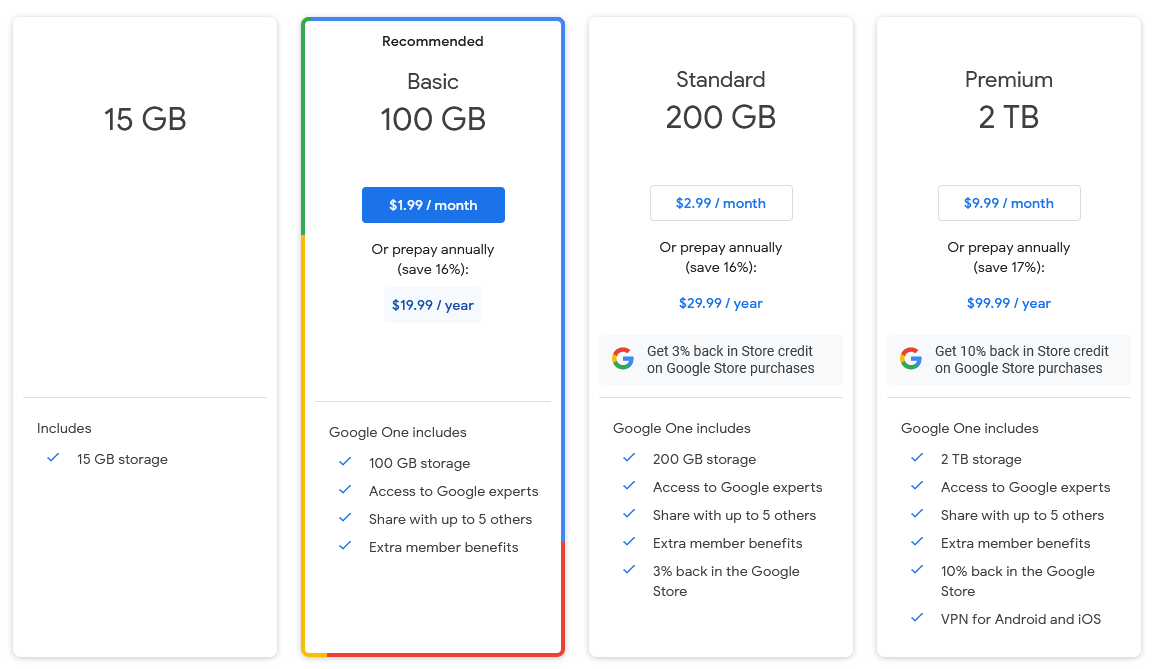
OneDrive

Dropbox


Security
While iCloud Drive data is encrypted to keep it safe from prying eyes, it's not end-to-end encrypted – that means Apple can technically get at the data if it wanted to, though there's no reason to suspect it would. Many other cloud storage services take the same approach, not least to make sure your files can be accessed easily from anywhere, but for the very tightest security there are better options around. Apple iCloud employs two-factor authentication to massively boost account security on iCloud. This requires two sets of information to log in: your Apple ID password and a six-digit verification code that's sent to your trusted device, like your iPhone or iPad.
Google Drive stores files and transfers them using encryption, but take note that it's not end-to-end encryption, which means that Google can see your files, if it wants to. Generally, Google has a decent record with security, and offers various levels of two-factor authentication (2FA), with numerous checks to catch unauthorized account access should it occur.
Your Microsoft account and OneDrive files are protected by two-factor authentication. You’ll also be notified in the event of a data breach. There's also a Personal Vault feature, which requires yet another layer of authentication (like a fingerprint or a PIN) for access. However, OneDrive doesn’t offer zero-knowledge encryption—a method of encrypting your data, whereby only you have access to the encryption key. Instead, for file transfers, OneDrive supports in-transit and at-rest AES (Advanced Encryption Standard) 256-bit encryption, meaning OneDrive employees, middle-men and the authorities all have the potential to view your files.
Dropbox provides 256-bit AES encryption for your data. However, the files aren't fully end-to-end encrypted like on some other services, which means in a pinch, Dropbox staff can get at your files, but it also means that the files are not always secured from anyone looking. Two-step authentication is another option Dropbox offers to accounts to keep them better protected, along with numerous measures for keeping your data secured.
Privacy
iCloud Drive is a terrible choice if you’re concerned with the privacy and confidentiality of your data. Anything you upload can in theory be retrieved and looked at by Apple itself or anyone who requests it. In general, Apple doesn’t share your data with other companies, but they’re more than happy to do so with the authorities if asked.
Google respects your privacy. The content you save on Drive is private to you, from others, unless you choose to share it. But like other three cloud storage platforms, Google will also access your private content when it is required to by law.
U.S.-based firms have a distinct disadvantage when it comes to privacy. Companies like Microsoft have a legal requirement to engage with law enforcement if asked to do so, with laws like the CLOUD Act making it impossible for a U.S. service to refuse the request. If the United States government wants your data, it’s going to get it. With that in mind, you need to remember that it doesn’t matter what features OneDrive has to help keep your data private, because Microsoft will hand it all over if the law directs it to do so.
Dropbox is based in the US, and complies with the Department of Commerce's Privacy Shield framework, which guarantees a level of data privacy protection. But like most major online services, it has a small number of employees who must be able to access user data when legally required to do so. That's the exception—not the rule.
Verdict
At the end of the day, choosing a cloud storage is completely dependant on your needs and preferences. If you’re someone who has heavily invested in an ecosystem, then iCloud Drive, OneDrive or Google Drive will be your ideal choice.
If you're a Mac or iOS device user, iCloud is handy for storing all your device data, from calendar to notes to apps.
If you already use Windows 10 and Microsoft Office, or plan to, then OneDrive is the obvious choice for storage. As such, this particular service would be ideal for those who are Microsoft-centric.
Since Google Drive is backed by Google, it has an unparalleled range. Simply put, if you’re heavily reliant on Google’s suite of services, Google Drive is very much your de facto cloud storage service of choice.
For someone who works across multiple systems, Dropbox would be the better option with massive third-party app support, plus integration with Windows and macOS.
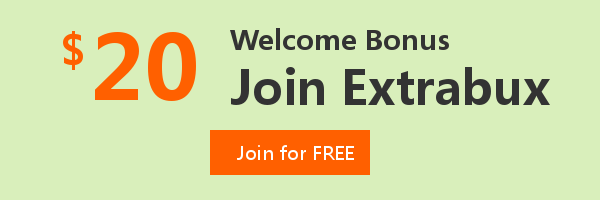
Extrabux is an international cashback shopping site, offering up to 30% cashback from 10,000+ Stores!
Squarespace, SkinStore, MATCHESFASHION, The Wall Street Journal, NordVPN, Visible, Armani Exchange, Sam's Club, PUMA, AliExpress, Card Cash, NET-A-PORTER, Udacity, Udemy, Selfridges, LOOKFANTASTIC, Vimeo, Coach Outlet, lululemon, PrettyLittleThing, Booking.com, Ripley's Aquarium, iHerb, Groupon, etc.
Join to get $20 welcome bonus now! (How does Welcome Bonus work?)
Recommendation
-
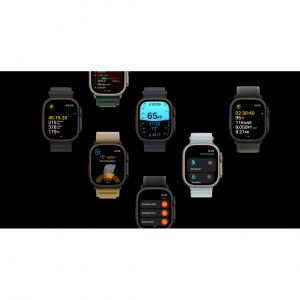
Apple Watch Ultra 2 Real vs. Fake Guide 2025: How To Tell Original From Fake?
-
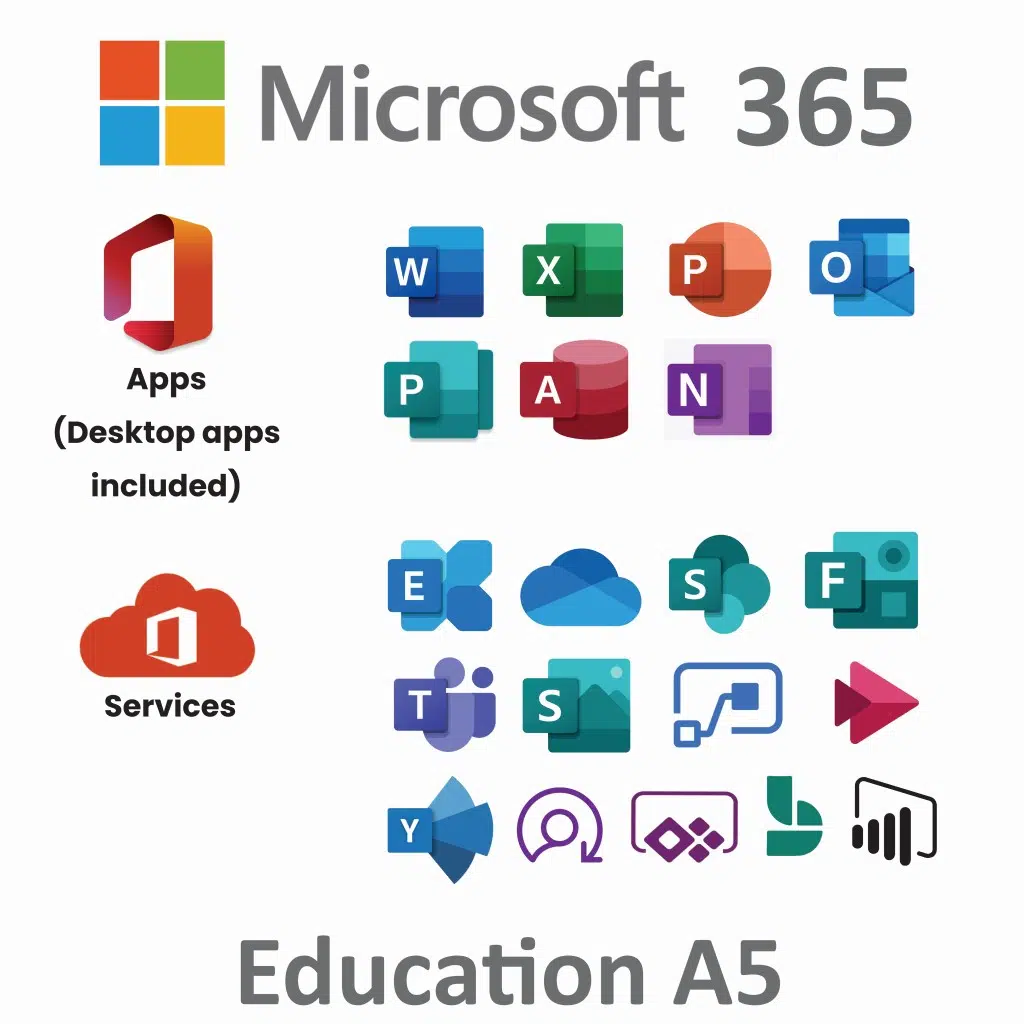
Microsoft 365 A1 vs. A3 vs. A5: Full Comparison & Verdict 2025
-

Is Turkish Airlines Good for International Flights?
-
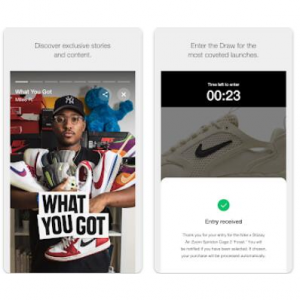
Top & Best 12 Sneaker Apps/Websites for Raffles, Releases & Restocks in 2025
-
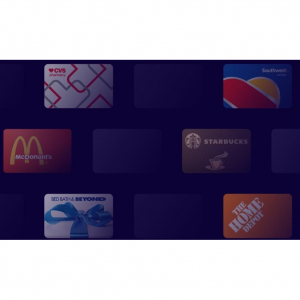
7 Best Gift Card Exchange Sites - Buy, Sell and Trade Discount Gift Card Safely and Instanly!
